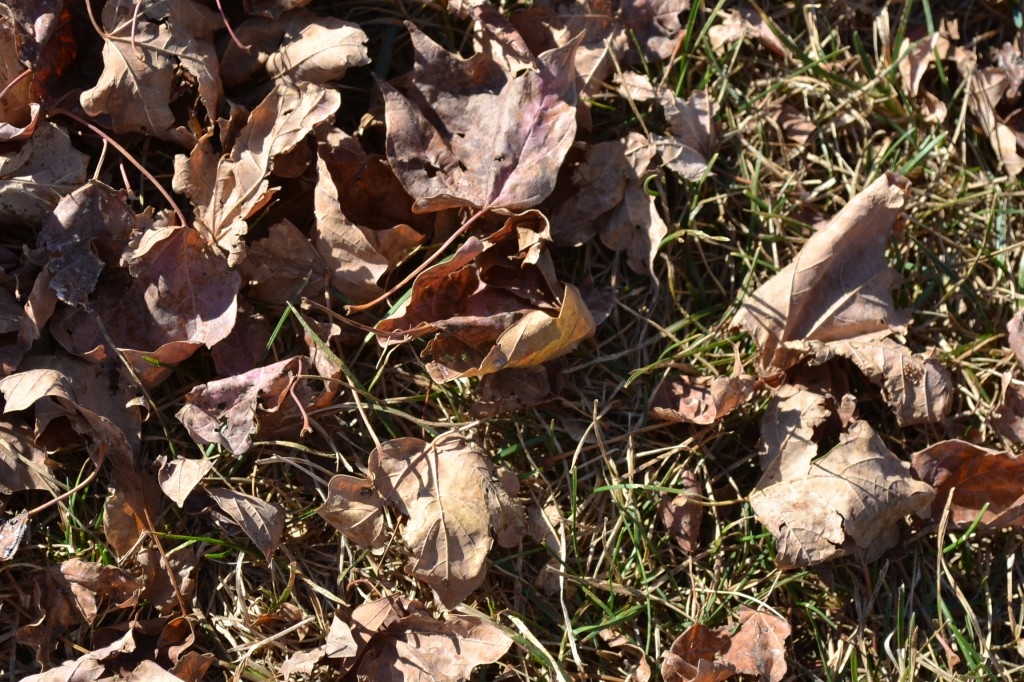When performing lawn and landscape services on your property, consider the benefits of recycling yard waste. Yard waste can include a wide spectrum of material including: grass clippings, leaves, plant material and mulch products just to name a few. One of the best ways to start recycling yard waste is to mulch your grass clippings. If you mulch your grass clippings, you will naturally provide nutrients to your lawn. The decomposing grass clippings will provide additional nutrients to your soil. In order to cut down on the transfer of insects or diseases, mulching your grass clippings will help cut down on the transfer potential. Bagging grass clippings can also transfer pesticides used on your property. If you treat your lawn with pesticides and then bag your grass clippings, you will also remove these chemicals. transferring chemicals from one yard to another may caused unwanted side effects.
Recycling yard waste in your garden.
If you have a garden, consider recycling yard waste by tilling leaves into your garden in the fall. Using organic leaf material in your garden will help positively amend your soil. Shredded leaves can be used to naturally add nutrients. If you have an organic garden, you should not till in your grass clippings. If you treat your lawn with pesticides and your transfer these clipping to your garden, they can be absorbed your plants. Harmful chemicals can be transferred to your edible plant material. Most trees are not treated with chemicals, but if they are you should not use them in your garden either.
Consider repurposing existing landscape plant material instead of tossing out the old material. If you have perennial plants, consider splitting them up in the spring to encourage new growth. This will multiply the number of plant that you have as well as encouraging them to sprout new growth. Some overgrown plant material may be transplanted to a different location instead of disposed of. If you have a quality plant that is a candidate for transplant, try moving the plant to a new location. If you have a plant that is installed incorrectly in your landscape, it may benefit from a new location.

